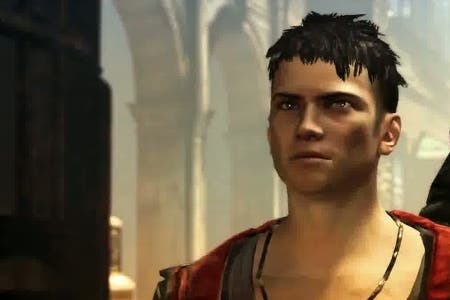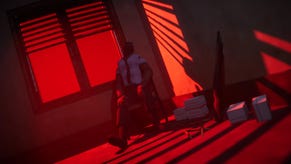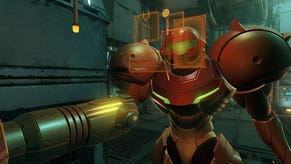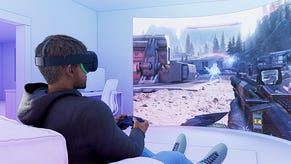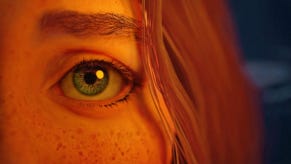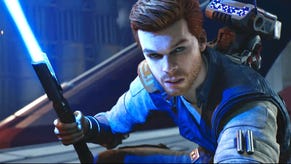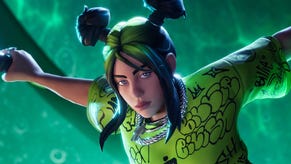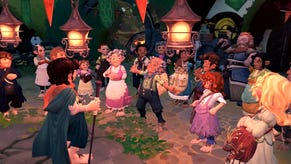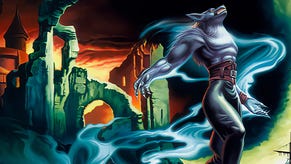Capcom, Ninja Theory on DmC versus Bayonetta
"You always want to go out there and beat your competitor."
Capcom and developer Ninja Theory have outlined the difference between the upcoming Devil May Cry reboot and Bayonetta - but admitted in some areas the games are "squarely competing".
Devil May Cry, Ninja Theory creative director Tameem Antoniades told Inside Xbox, features new mechanics outside of the combat that set it apart from the critically-acclaimed Platinum-made action game.
And Capcom USA's producer on DmC, Alex Jones, said his game will offer a different experience in terms of tone and storytelling - areas Ninja Theory, which made Heavenly Sword and Enslaved - specialises in.
"You always want to go out there and beat your competitor to some degree," Jones said. "There are places where we're squarely competing with Bayonetta, and that's at the: how does the game feel when it's in your hand? We absolutely want the same fluidity of control that's a standard setting at that level for them.
"The other areas, tone, storytelling, we're offering a different experience from Bayonetta and we feel really good about that experience. Some areas we're competing with them. Some areas we're offering something different."
"We're adding elements to this game that haven't existed in the DMC series before," Antoniades added, "like the concept of the world being alive, trying to crush you and kill you, and Dante being able to rip apart the world and manipulate it. So there are areas outside of combat we're adding.
"So I don't think they are like for like."
Platinum's Bayonetta was directed by Hideki Kamiya, the creator of Devil May Cry. Ninja Theory's DmC - the first in the franchise developed outside of Japan - is a reboot, with a very different Dante than series fans are used to.
As a result, some are concerned that DmC will stray too far from the series' roots. But Jones said Capcom Japan was working closely with Ninja Theory to ensure the combat is up to scratch.
"It's an intensely collaborative relationship, particularly in the character department," Jones said. "I can't tell you how painstaking and intensive it is. We are there three to five days out of the month with core creative from previous DMCs, most notably Itsuno-san (Hideaki Itsuno), who was the lead creative on DMC 2, 3 and 4.
"He has done a huge knowledge transfer over the past two years working with these guys to make sure that part of the game was up to the standard Capcom believes a Devil May Cry game should achieve."
"We went into this with a certain amount of humility," Antoniades explained, "understanding Capcom are master of their art when it comes to combat and mechanics and the role of enemies within that. We've been all ears and we've been working very closely.
"The feedback has not just been an advisement, it's been precision. It's down to single frames make a difference. We've been working very closely and we're really pleased with that."
But, Jones said, Ninja Theory will stamp its own authority on the DmC experience. "At the same time we know what these guys do well," he said.
"We give them a lot of latitude with atmospherics and storytelling and mood and some of the areas of gameplay outside of combat, because that's what they bring to the table that's unique to them. It's been a very good partnership to this point."
